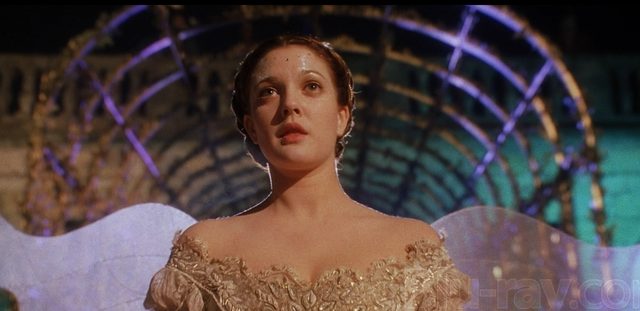We’ve got a new juggler across the way from us at faire, and our booth policy of Never Trust A Juggler continues. Part of his way of drawing an audience is borrowed from a better performer, and it involves calling out specific groups and saying his act will include things intended to appeal to them. For Gen-Z, he says they’ll be “sucking on vapes and smashing the patriarchy.” This gets a cheer, and he follows it with snarky things about being at an event where you pretend to be in the sixteenth century while wanting to destroy the patriarchy.
I mean, there’s a lot to unpack there, and that’s without even getting into the fact that, for the entirety of the first weekend, he said we were pretending to be in the fifteenth century. For one, there’s his idea that only Gen-Z is opposed to the patriarchy. There’s his dismissal of the value of smashing it, which I’m not sure he’s even aware he’s doing. But also there’s his managing to perform at faire while also not understanding its appeal. Because we all know a lot about the sixteenth century objectively sucked. That’s not why we’re at faire.
And of course it’s not just the event. There are movies and TV shows and so forth set in that era that kind of glide over how much the whole thing would suck. For one, everyone in my booth, at least, is fully vaccinated, and if we got the plague, we’d take antibiotics for it. No messing about. We like us some plumbing, and you’d better believe we turn up the air conditioning in our cars on the way home. There’s the fantasy, and there’s the reality, and we are very firm on the difference between the two.
What is the appeal of the fantasy, then? Because if we’re aware the reality was not great, what part of it interests us? I mean, there’s the clothes, and don’t underestimate the appeal of the clothes. And the companionship, but that only explains my group, not the tourists. Our faire crosses over with fantasy, but why is fantasy based so heavily on the Renaissance? For one thing, you have to go back to The Faerie Queene, probably the first thing to conflate Elizabeth I and fantasy. And that influenced a lot of Western literature, and it’s only now that the “mainstream” of literature is breaking out from under that.
Elizabeth I was a powerful woman in a century that gave us a surprising number of powerful women. Oh, a lot who weren’t, goodness knows. Far, far more who weren’t. But there was Elizabeth I, of course, and there was Mary I, and Mary Stuart, and Marie de Guise, and Catherine de Medici, and Katherine of Aragon was pretty powerful in her day—and her mother Isabella, while actually a fifteenth century figure, was no pushover herself. England had never had a successful queen regnant before and then it had two in a row.
We don’t want the reality. We never want the reality. Sci-fi cons are not about reality; the reality of spaceflight is a lot less fun than people realize. It’s smelly and the food is bad. Fantasy sports are not about reality. Medical dramas aren’t about reality. Heck, even true crime isn’t about reality. The work of solving a crime involves a lot more drudgery than makes it on the show. Yes, we still want to bust the patriarchy. Yes, there was a lot of patriarchy in the sixteenth century—hell, and the fifteenth. But our fantasy ignores that part, because that’s how fantasy works.
Help me afford the really pretty clothes by supporting my Patreon or Ko-fi!


